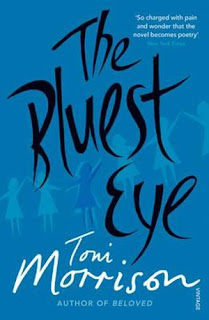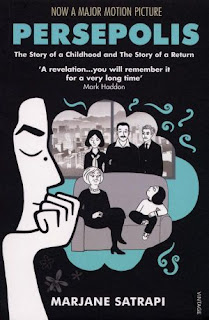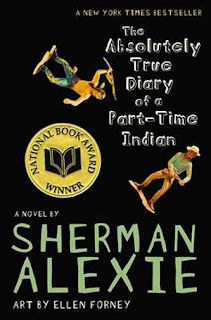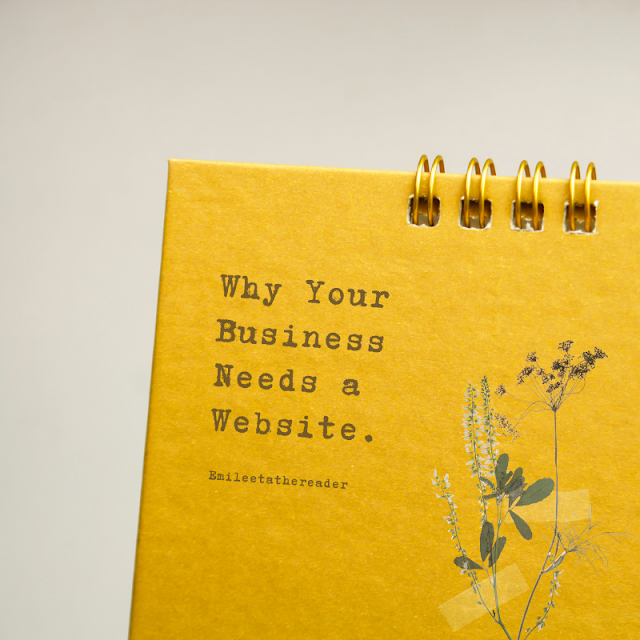Bewitching Banned Books!
A Tennessee school board has recently banned Art Spiegelman's Maus (1980) which details the experience of his father during the Holocaust. Parents and teachers have removed the graphic novel from its curriculum due to its "inappropriate language and nudity". However, as Variety points out, many believe this to align with a growing pattern of schools targeting literature surrounding the history of oppression to be banned from schools. According to the American Library Association (ALA), critically acclaimed books such as Toni Morrison's The Bluest Eyes (1970), Alice Lee's The Color Purple (1982), Angie Thomas' The Hate U Give (2017), and Marjane Satrapi's Persepolis (2000) are all on the top 10 Most Challenged list for banned literature in American schools. It makes one question why would schools want to hide and censor books depicting real world issues found in their own country's history? Who benefits from doing this?
Unfortunately, censorship doesn't only apply to literature depicting oppression or racism, but a whole stack of themes, issues, and events from our history. From political views to religion to sexual preferences, censorship encases them all. Banning also happens due to offensive language, mature themes like nudity and sex, or violence deemed inappropriate or unnecessary for readers. Majority of the time a book is banned because something within the story has offended an adult, who has decided they don't want their child/ren to read it. There is insecurity and lack of faith in thinking a book might turn your child into a queer, racist terrorist or a foul-mouthed, violent communist who gets naked and has sex sometimes.
Yes, certain themes are inappropriate for children that's why we have recommended age groups for reading. But high school (and middle schools for countries with these) are for preparing students to be adults. We teaching them how to think, how to behave, and getting them job ready, so why wouldn't we want to include the social, political, and ethical issues found in literature being banned?
But, banning these kinds of books appears to often have the opposite desired effect. After the banning of Spiegelman's Maus an onslaught of social media criticisms and promotion shot it to the top of Amazon's bestseller list. Banning books seems to be the best kind of promotion an author could ask for as they become bestsellers, and are (in)famously remembered due to their "banned" status. If they're lucky, banned books gather so much interest that movie deals are even struck, because their content deserves to be felt and witnessed by any means necessary.
Growing up in Australia I was shocked to learn that many of the books I read as part of my school curriculum were banned in other countries. In my mind, this made little sense as I found the mature and emotionally heavy topics were sensitively explained in-depth by my teachers so that we as students could not only grasp the seriousness of the content but also understand how and why it was relevant. The classroom was a safe space for learning about oppression, racism, prejudice, etc. without any biases or censorship which help develop our empathy and sense of morality. I'll never forget my English teacher, Mrs. Schultz, explaining that "what makes us uncomfortable when reading does so because we know it is true". It's not a fantasy, it's real life. These things really happen or have happened and could happen again.
Rather than banning or censoring literature, we should encourage the reading of books that make us uncomfortable in a safe and educational way. Censorship doesn't stop oppression, religious views, political parties, or racism. Censorship doesn't even prevent students reading these kinds of books as we have seen with the massive popularity of previously banned books. Reading and developing an understanding of uncomfortable themes can help to minimise harmful prejudices and habits though.
Have you read any of these banned books?
Lord of the Flies (1954) by William Golding is the story of a group of boys being stranded on a deserted island and the system of organisation and rules they develop in order to remain civil and survive. However, this system leads to the children becoming violent and brutal. The book sits at number eight on ALA's most banned and challenged books due to the language and violence expressed throughout the story.
The Absolutely True Diary of a Part-Time Indian (2007) by Sherman Alexia is the story of a young boy who grew up on the Spokane Indian Reservation who transfers to an all-white school in order to pursue his dream career, only to find himself alienated by both the white students and his Indian friends as he struggles to live in both worlds. The book was banned due to violence, language, and sexual content.








Comments
Post a Comment